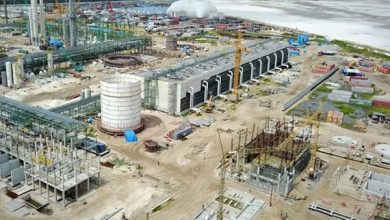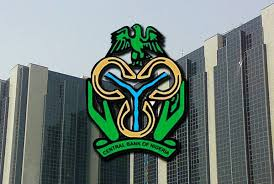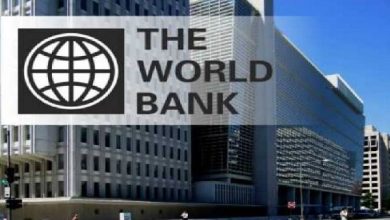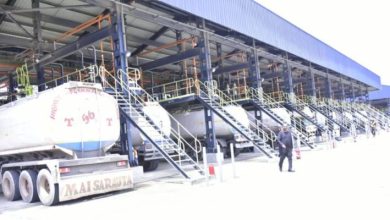Nigeria’s Inflation Rate Eases to 22.97% in May, Says NBS
Nigeria’s inflation drops to 22.97 percent, sparking hopes of improving economic conditions.
Analysts warn challenges remain as food prices climb and household pressure persists.
Nigeria has recorded a significant decline in its headline inflation rate, with the figure easing to 22.97 percent in May 2025, according to the latest data released by the National Bureau of Statistics (NBS) on Monday.
This new figure reflects a 0.74 percentage point decrease from the 23.71 per cent recorded in April 2025, signaling a gradual slowdown in the rate of price increases across the country. The month-on-month inflation rate also dropped from 1.86 per cent in April to 1.53 per cent in May, which the NBS described as a notable deceleration in economic pressures.
The NBS report highlights that, on a year-on-year basis, the headline inflation rate in May 2025 was 10.98 percentage points lower than the 33.95 percent reported in May 2024. This sharp drop is seen as a positive development, suggesting that the worst period of inflation may be behind the Nigerian economy, at least for now.
The statistics bureau attributed the cooling inflation to a slowdown in price increases across major sectors, including agricultural produce, healthcare, utilities, and apparel. These sectors had previously seen sharp increases in prices due to a mix of supply constraints, currency instability, and insecurity, particularly in farming regions.
According to the NBS, the decline in inflation was also influenced by the base-year effect introduced during the latest rebasing exercise. The adjustment provides a more accurate picture of the economy’s real-time performance, which may be less volatile than previous estimates had indicated.
On the food front, inflation data was mixed. While the year-on-year food inflation rate eased slightly to 21.14 per cent in May, down from 21.16 per cent in April, the month-on-month food inflation rate recorded a minor increase, rising from 2.06 per cent in April to 2.19 per cent in May.
This rise in short-term food prices suggests that, despite improvements in the general inflation trend, households are still facing price hikes, especially in staple food items. Food inflation remains a key concern in Nigeria, where a significant portion of the population spends the bulk of their income on daily sustenance.
Economic analysts note that while the overall inflation outlook appears to be improving, vulnerabilities remain, especially with the naira still under pressure and global commodity prices fluctuating. They caution that external shocks or policy missteps could reverse the gains seen in May.
The federal government, along with the Central Bank of Nigeria (CBN), has made inflation reduction a key economic priority. Recent efforts have included tightening monetary policy, improving agricultural output through subsidies and intervention programs, and clamping down on forex speculators.
However, experts emphasize that lasting relief will depend on addressing structural challenges such as inadequate infrastructure, insecurity, and energy supply bottlenecks that continue to drive up production and distribution costs.
The May data from the NBS is expected to guide economic planning as Nigeria prepares for the second half of the year. Policymakers are likely to use the trend as a basis to fine-tune fiscal and monetary policies to sustain the decline in inflation, especially with the 2025/26 budget cycle approaching.
For ordinary Nigerians, however, the effects of inflation remain palpable. Despite the statistical decline, many citizens continue to grapple with rising living costs, especially in urban centers where housing, transportation, and food expenses consume a large portion of earnings.
As the economy inches towards stability, stakeholders hope that the recent dip in inflation signals a turning point, paving the way for economic recovery, price stability, and improved purchasing power for millions across the country.



